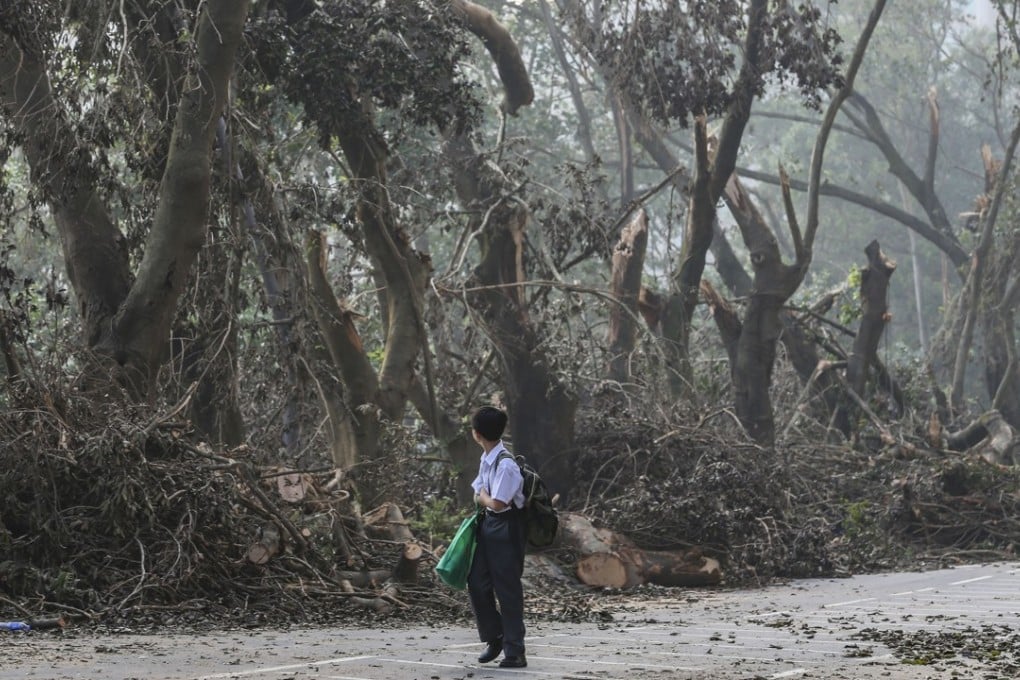Outside In | What Typhoon Mangkhut could teach Donald Trump about the brewing global economic storm
David Dodwell says while Hong Kong’s long-term investment in infrastructure helped limit the damage to the city from the super typhoon, the global economy is less prepared for the inevitable coming crash

But as I recalled the clear skies and fierce heat in Hong Kong for the two days before Mangkhut arrived, I was reminded of the calm that comes before storms and the beguiling and seemingly unstoppable present strength of US equity markets, now at all-time record levels.
I am concerned that it is this unsustainable bubble that has given Trump’s administration the facile confidence to engage in such a reckless assault on a global trading system that has driven growth and built wealth for most countries worldwide over the past seven decades – foremost among them the US.
